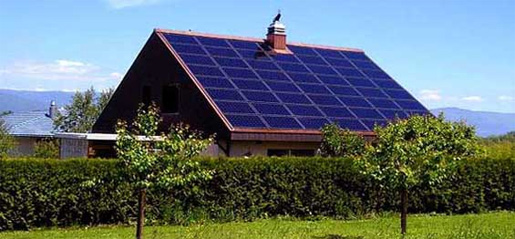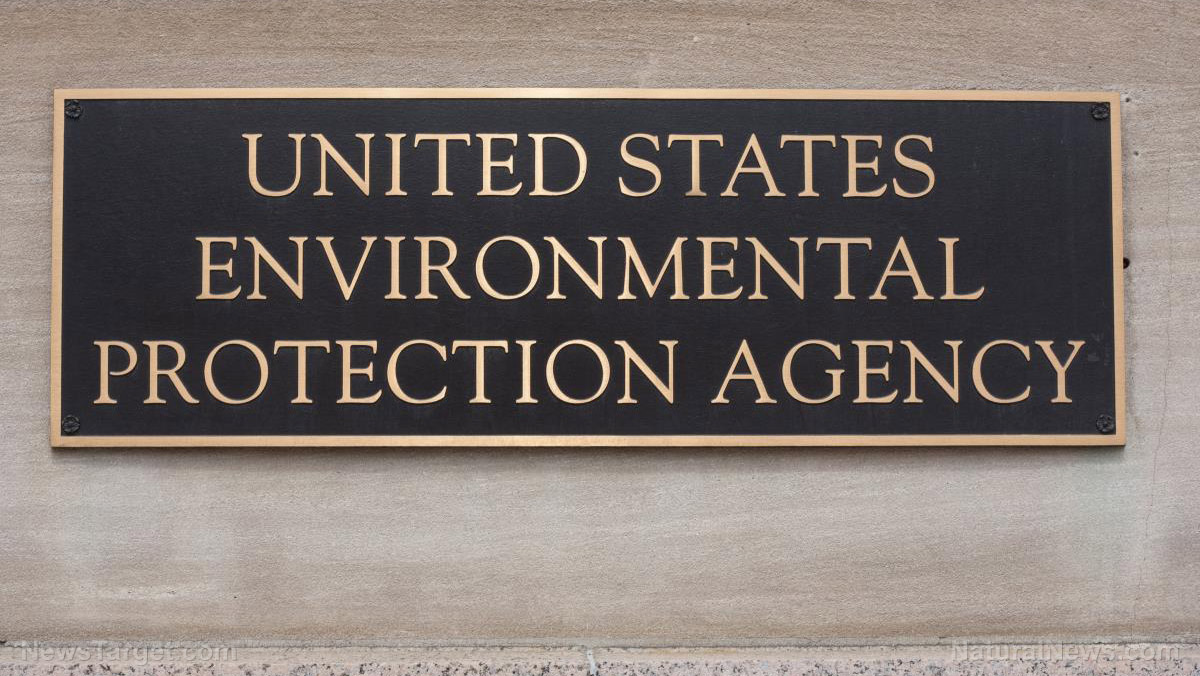EV sales in Germany plummet as government subsidies disappear
08/12/2024 / By Laura Harris

The sales of full electric vehicles (EVs) in Germany have plummeted by 36.8 percent after the government cut off incentives for EV purchases in December.
Germany, the largest EV market in the European Union, brought an early end to subsidies for buying EVs in December 2023 as part of a last-minute deal to pass the budget for the 2024 fiscal year. In line with this, the sales of fully electric cars in Germany experienced a dramatic decline in July 2024, the steepest drop since December 2023. (Related: Germany’s EV sales plummet as demand in Europe declines.)
According to the data released by the Federal Motor Transport Authority, the total number of new passenger car registrations in July was 238,263. The breakdown of these registrations includes 83,405 gasoline cars (a slight increase of 0.1 percent), 79,870 hybrid electric vehicles and plug-in hybrid electric vehicles (an increase of 18.4 percent), 43,107 diesel cars (an increase of 1.4 percent), 30,762 EVs (a decrease of 36.8 percent), 1,078 LPG-powered cars (an increase of 8.8 percent) and only three compressed natural gas-powered cars (a staggering decrease of 98.6 percent).
The decline in EV sales has significantly impacted the market share of EVs in Germany, which fell to 12.9 percent in July, down from 20 percent a year earlier. This downturn follows a sluggish first quarter of 2024, which saw a 16.4 percent drop in EV sales in Germany. Analysts have attributed the decline primarily to the disappearance of government subsidies, which has made EVs prohibitively more expensive for most Germans.
“The ramp-up of e-mobility is proving to be unsustainable so far,” Constantin Gall, a consultant at Ernst & Young, said of the German sales results. “The market has lost all momentum and many customers doubt the prospects of electric cars.”
Abrupt end of Germany’s EV subsidies leaves long-lasting impact across Europe
The abrupt end of EV subsidies in December has had a lasting impact, not only in Germany but across Europe.
This trend is posing a significant challenge to automakers like Volkswagen AG, which have heavily invested in EV production. Volkswagen, the largest automaker in Europe, recently cut in capacity at high-cost plants in Germany and may adjust the timeline for its battery production ramp-up.
Patrick Hummel, an analyst at UBS, warned that Volkswagen could face a €2 billion ($2.18 billion) negative impact on earnings in 2o25 due to the subdued EV market.
This slowdown is also causing delays in battery cell projects, with French supplier Valeo SE seeking buyers for two plants, one of which had already been converted to produce EV parts. Similarly, OPmobility, another French supplier, reported that EV output was “roughly half of what manufacturers had been expecting.” LG Energy Solution, the largest supplier of EV batteries in Europe, is contemplating a shift to static storage production to sustain its business.
A recent survey also revealed that the declining demand for EVs is affecting the business outlook for other major German automakers, including Mercedes-Benz Group AG and BMW AG.
The downturn is not limited to Germany. Sweden saw a 15 percent drop in new electric car registrations in July compared to the same month last year, while Switzerland experienced a 19 percent decrease.
Visit RoboCars.news for similar stories about electric cars.
Listen to the Health Ranger Mike Adams talks about electric cars and the “green energy” myth in the clip below.
This video is from the Health Ranger Report channel on Brighteon.com.
More related stories:
Lawsuit accuses Hyundai America of conducting “secret program” with dealers to “inflate” EV sales.
Automaker bigwigs admit EV sales are in jeopardy.
Ford lowers prices of F-150 Lightning electric trucks by up to $10,000 as EV sales falter.
Ford expected to announce HUGE losses in EV sales … other automakers are bound to follow suit.
Sources include:
Submit a correction >>
Tagged Under:
big government, bubble, car sales, Collapse, debt collapse, economic collapse, economic riot, economics, economy, electric car sales, electric cars, electric vehicles, EVs, finance riot, Germany, green living, Green New Deal, market crash, products, risk, robocars, subsidies
This article may contain statements that reflect the opinion of the author




















